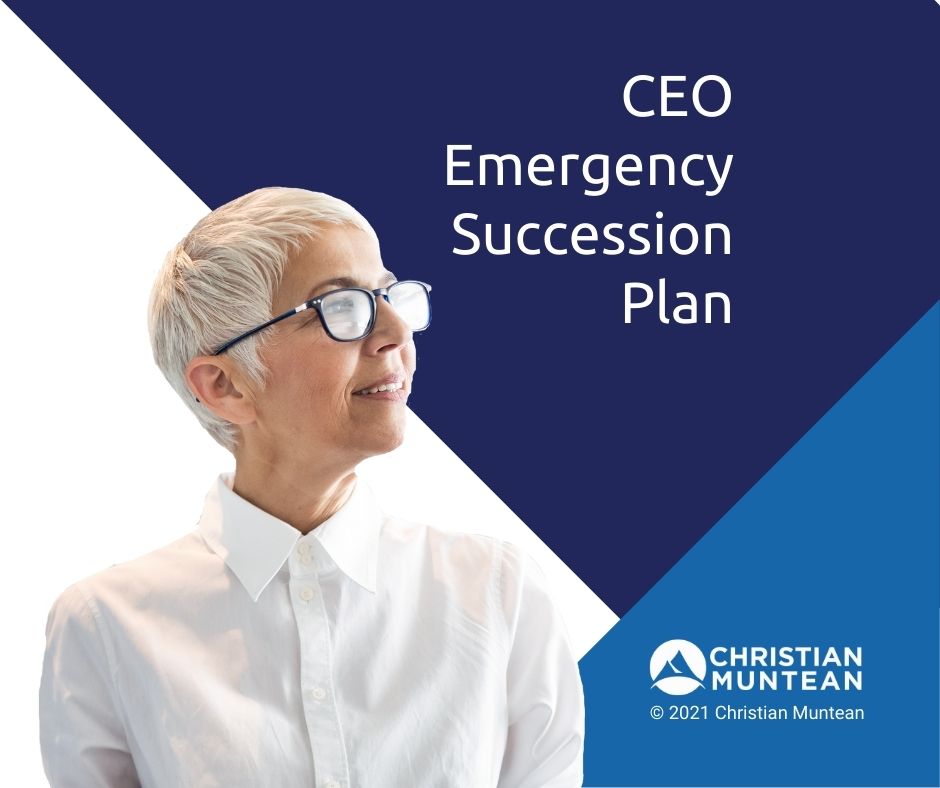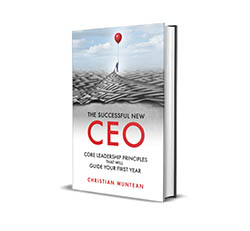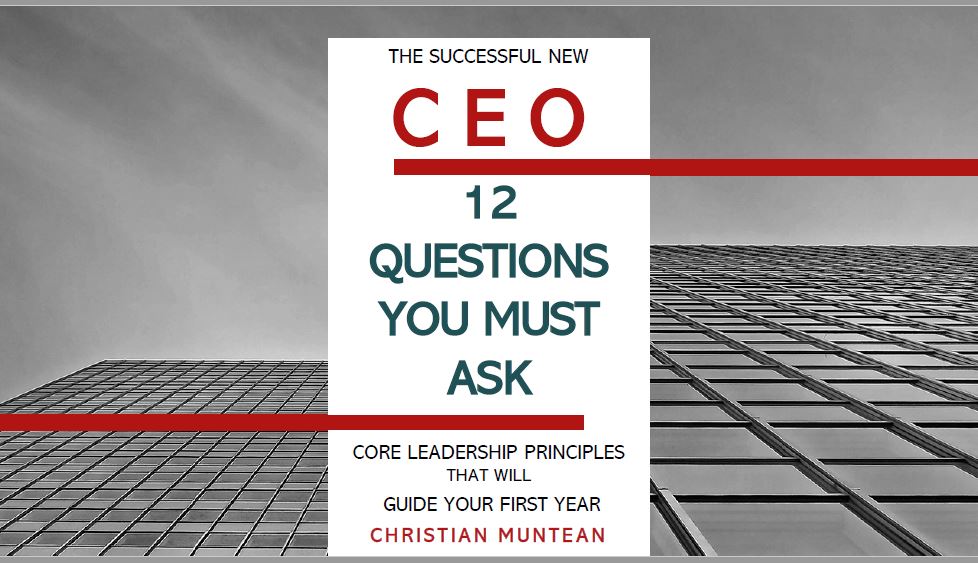The Big Lie: Working More Helps You Get More Done

The Big Lie: Working More Helps You Get More Done.
The Deception of Busyness
Nearly every client I have is “too busy.”
Some are proud of this and are clear that they have no intent to change. Most profess to be unhappy with the dynamic but seem ambivalent about change. A few are desperate for change.
Here’s the deal: If you are already “maxed” or “too busy”, you can’t have three things:
- You can’t have freedom.
- You can’t experience growth.
- You can’t (or are highly unlikely to) get better.
Ironically, when my clients learn to become less busy but more productive – they experience all three: Freedom, growth, and improvement in value.
It’s not about how much effort you put in. It’s about exercising that effort in the right place, at the right time, on the right things – and not putting effort elsewhere.
Secrets to Working Well So That You Don’t Have to Work So Hard
Respect Parkinson’s Law
C. Northcote Parkinson was a historian and a highly regarded author. In 1955, he published an essay in the Economist that began with this thought, “Work expands so as to fill the time available for its completion.”
He was initially referring to how work and bureaucracies expand and increase when given room. Over time, many began to recognize that this maxim also applied to simply the time it takes to get something done.
The conclusion is if we make less time available for work – it’ll be completed in less time.
This is one of my primary productivity tools.
Instead of Managing Time – Manage Energy.
Performance psychologist Jim Loehr and author Tony Schwartz both run companies focused on increasing human and leadership performance. Together, they authored a book called The Power of Full Engagement.
In it, they observe that the highest performers – whether as athletes or as leaders – are not the people who work the most, or even the people who manage their time the best.
They know that to achieve the highest level of performance, they can’t constantly work.
Instead, it is the people who manage their energy the best who achieve the most. They understand how and when to work hard, and they understand how to rest and recover. They tend to be very intensely focused but they aren’t constantly working.
Managing energy well includes:
- Identify when you work best
Everyone has the “best time of the day” to work. For Craig Ballantyne (Wall Street Journal Best Selling Author of Unstoppable), this is when he first wakes up. For me, it’s between about eight and noon. For others, it might be later.
Most people find that morning work sessions are when they are able to focus the best. But whatever it is for you, discover that “magic time” and dedicate it to your most important work.
- Identify the conditions that produce the best work for you
Certain conditions allow for greater concentration. Others allow for greater creativity. Whatever it is you need, learn to identify the conditions that allow you to do your best work.
When I first started writing, it would take me about forty hours to write an article. As a result, I only wrote about four articles a year. It was too hard, long, and painful.
Then I learned how to write more quickly but I also learned when to write and where. For a long time, I would drive half an hour to a coffee shop that seemed to have “it”. It had the right conditions for me. In just a few hours there, I could get what would normally take forty hours to complete elsewhere.
The right conditions have that much impact.
- Focus on one thing exclusively
Gary Keller of Keller Williams Real Estate built one of the world’s largest real estate companies (and one voted among the “happiest” to work with). He also authored the book The One Thing. His book is worth the read but can essentially be summed up as a disciplined commitment to answering this question, “What is the one thing, that by so doing, will make everything else easier or unnecessary?”
Focus on the one thing that matters. And get that done. Don’t let distractions prevent this.
- Short Sprints
Brennan Bouchard studied the habits of some of the world’s highest performers. His discoveries are recorded in his book High Performance Habits. One habit he found was that high performers tend to work in sprints. He found that 50 minutes was an average.
Some people recommend shorter 25-minute sprints. Others recommend 90 minutes sprints.
The point is that highly concentrated work productively engages Parkinson’s Law.
- Learn what reenergizes you and do it
Not all rest is restorative.
For example, sitting and watching TV or flipping through social media tend to be distractions from fatigue – but not re-energizers. Some vacations are truly restful. Many are exhausting.
Learn what actually rests, reenergizes, and refreshes you.
For many people, the right amount of fitness (perhaps just a walk), getting outside (especially in nature), or taking 5 minutes to be still or meditate can result in generating more energy in the short term.
For some people, a vacation exploring new places or activities energizes them. For others, going to some place predictable where few choices need to be made does the trick.
Figure out what you need to truly be restored.
Productivity Is About Skill and Focus
It’s not about working more. Learn the skill and enjoy the benefits.
Take good care,
Christian
Save more time! Download my free guide, How To Accomplish More Without Doing More.
𝗧𝗵𝗲 𝗕𝗲𝘀𝘁 𝗧𝗶𝗺𝗲 𝘁𝗼 𝗖𝗿𝗲𝗮𝘁𝗲 𝗔𝗻 𝗘𝗺𝗲𝗿𝗴𝗲𝗻𝗰𝘆 𝗦𝘂𝗰𝗰𝗲𝘀𝘀𝗶𝗼𝗻 𝗣𝗹𝗮𝗻 𝗶𝘀 𝘽𝙚𝙛𝙤𝙧𝙚 𝗬𝗼𝘂 𝗡𝗲𝗲𝗱 𝗜𝘁.
Be prepared for a smooth transition in the event of an unplanned emergency succession. My guide will show you step-by-step how to devise your own plan.
Free Leadership Resources
Whether you are a new CEO, thinking of succession or exit, or wanting to strengthen your leadership and your team, I’ve got resources to help:
Enhancing your leadership skills
Are you interested in learning more about becoming a successful CEO? If so, get a free copy of my book The Successful New CEO. Not a new CEO? I’ve been told by “old hands” that they felt any CEO should read this. So, click here to get your copy today.
by “old hands” that they felt any CEO should read this. So, click here to get your copy today.
Let’s connect.
I’m passionate about helping leaders to create workplaces they love going to and increasing the value of the services they offer. My results-oriented approach is tailored to each client’s specific situation and needs. As a leadership coach, I have developed a wealth of resources to help you and your team grow and become stronger.
Weekly Newsletter – sign up to receive my weekly articles addressing critical leadership challenges and issues.
The Leadership Coach Podcast – In my podcast, we explore effective, high-impact, and enjoyable leadership. Subscribe.
There are 𝟭𝟮 𝗰𝗿𝗶𝘁𝗶𝗰𝗮𝗹 𝗾𝘂𝗲𝘀𝘁𝗶𝗼𝗻𝘀 to ask before accepting a new CEO position. Do you know what they are? Instantly download my free e-book here.
Find the value of your company with my free assessment tool: The Value Builder System
The Value Builder System™ is a 13-minute online questionnaire that evaluates your business on the eight factors that contribute more to its attractiveness and value. These factors are scored on a scale of 1-100. Businesses that score over 80 are likely to command 70%-100% higher value than others.
Opportunities
Executive and Leadership Coaching: Do you feel overwhelmed? Are you not getting the results you expect from the effort you are putting in? Do you find yourself facing similar challenges time and time again? Would you like to change specific ways of relating or reacting? If you would like to experience predictable, measurable growth Contact me.
Profitable Exit Strategy Workshop: Are you a business owner or partner? Over 55? Starting to think about exiting your business or active management in the next 3-5 years?
- Curious about what your business might be worth?
- Would you like to discover the specific steps you need to take to increase its value and become highly attractive to a buyer?
- Are you planning on handing it over to family or employees and you want to ensure long-term success?
If so, contact me now.
Categories
Get Christian’s Newest Book: Train to Lead

Download my free 10-page eBook:
How To Accomplish More Without Doing More:
Eight Proven Strategies To Change Your Life
Discover how to save eight hours during your workweek-even if you're too busy to even think about it. The resource every maxed out executive needs.

